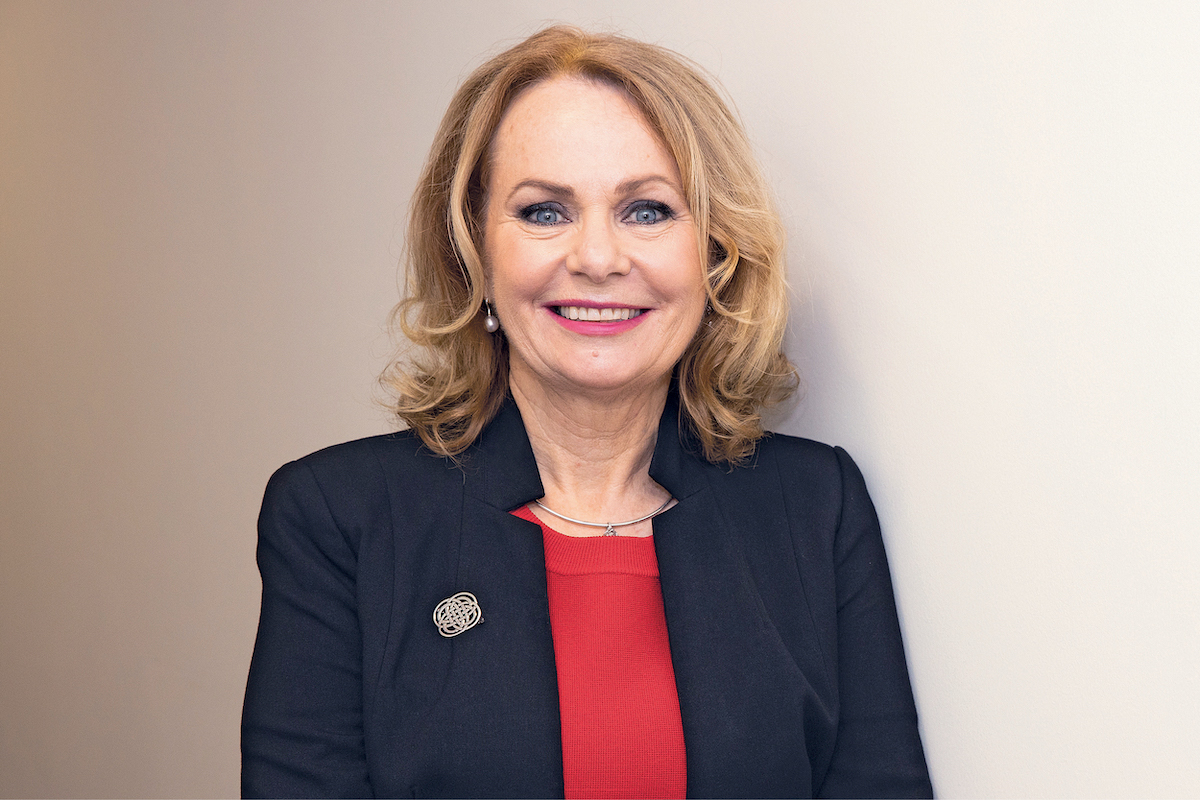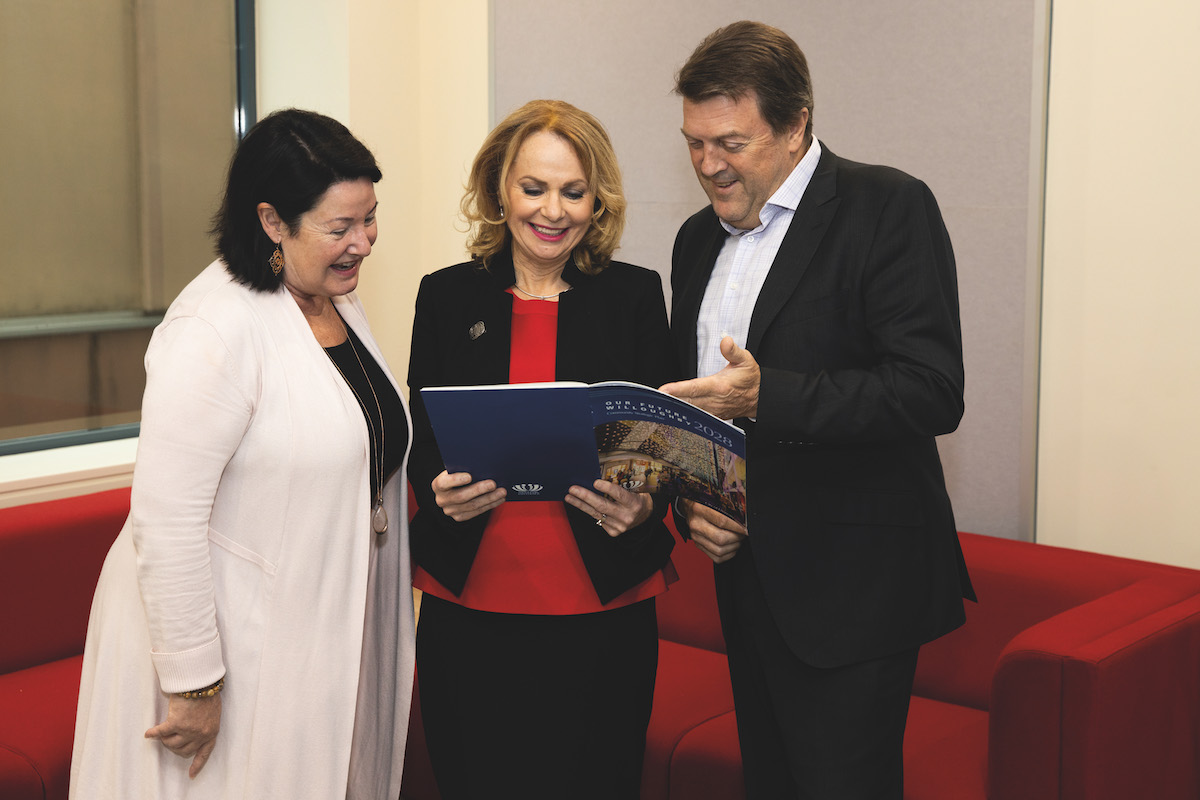Debra Just never envisaged herself as a CEO. She always aimed to teach – which was her first career – but knew it wouldn’t be all she did. “It was a calling,” she reflects. “I’ve also undertaken board roles and consultancy work, and believe that I’ll do that again one day. While I didn’t set out to be a public servant, I have found it to be rewarding and challenging.”

Being CEO of local government body Willoughby City Council aligns with Debra’s personal beliefs and practices. “Leadership allowed me to move from teaching to mentoring and coaching. You must learn more about yourself to hold leadership integrity,” she explains.
“The fundamental appeal for me is delivering on sustainability. There aren’t many roles where you have daily responsibility for fostering a strong economy, growing community cohesion and resilience, enhancing stewardship for our environment and improving governance.
“I also hold a fundamental belief in democracy,” she continues. “Being able to improve the citizens’ and customers’ capacity to engage in decisions that matter to them is imperative. It’s a rare opportunity.”
As a city council leader, Debra’s ultimate view of success comes from people undertaking initiatives that align with Council and community aspirations, and corporate directions. When determining its success in the community, the council conducts a customer satisfaction survey.
It uses employee engagement surveys to improve internal practices and culture. “Staff wanted to benchmark salaries and have a clear promotion and advancement process,” Debra says. “We’ve made salary changes. There are tools such as a corporate scorecard, and I do regular all-staff presentations and take on board 360-degree feedback.”
Success also comes in the form of reporting mechanisms. “For example, the NSW government has seven performance indicators that we must report against, and when I arrived we didn’t meet two of the seven,” Debra explains. “We
now meet all seven.”
When Debra came into the organisation, efficiency was one of her first focus points, particularly streamlining the management structure. “We had double the number of managers and directors compared to any other councils,” she says.
“We had to be aggressive and implement a business improvement project. We managed to take A$80 million off our 10-year, long-term financial plan as part of that process.”

The organisation is continually working on modernising and streamlining its systems and processes. It has trialled and implemented a bot to run the council’s free rubbish pick-up that saves 10 weeks’ worth of work, introduced a corporate scorecard so it knows where it’s tracking each month, rolled out new IT systems and brought in project management and business improvement offices.
“We needed to hone the process around risk management and governance, which was a lot of work,” Debra recalls.
There have been obstacles along the road to improvement, like waiting for a merger with other councils for two years. It was challenging to perform during this uncertain time, and when it didn’t come to pass, the organisation required a new direction.
“We needed to hone the process around risk management and governance.”
“We started a new conversation on how inspired performance comes from inspired people,” Debra reflects. “This led us to work on our aspirations and determine what kind of organisation we wanted to be from the grassroots up. While waiting for the merger, we gave our staff training. We ran sessions on responses and strategies for managing change and uncertainty.
“I also introduced mindfulness,” she adds. “We run mindfulness programs on the ability to pause and reflect rather than be caught up in anxiety or just day-to-day business.”
Along with hundreds of projects, capital works and more than 60 services that the council will be delivering, including parks, playgrounds and streetscapes, its focus in 2020 is to be a year of learning.
“We encourage staff to run through experimentation and business improvement pilots, to pick up new skills and to build thoughtfulness and capability in the way that we do our business.”
Proudly supported by:



